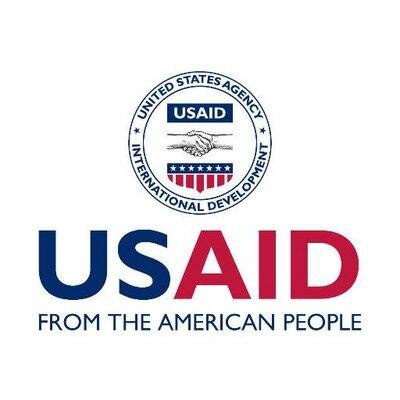The Integration of Nutrition into Extension and Advisory Services (EAS): a synthesis of Experiences, Lessons, and Recommendsations
Agricultural extension and advisory services (EAS) are often mentioned as a promising platform for the delivery of nutrition knowledge and practices, due to the close interaction that EAS agents have with farmers through their role as service providers in rural areas. Yet the context in which any nutrition knowledge is delivered by EAS agents, and the mechanisms for doing so, is unclear. The purpose of this study was to examine the integration of nutrition and agricultural EAS in Africa, South Asia, and Latin America and the Caribbean. For the purpose of this report, EAS encompasses all activities aimed at providing information and services needed by farmers and other actors in rural settings, which assist them in developing their own technical, organisational, and management skills and practices, so as to improve their livelihoods and well-being.
Related Resources

Enhancing FAO’s practices for supporting capacity development of member countries (Learning module 1)
This Module is the first in a series of four that address capacity development competencies in FAO. It is intended to provide FAO staff and consultants with a basic understanding and knowledge of Capacity Development (CD), reflecting the international debate...

Applying innovation system concept in agricultural research for development: A learning module
Improving Productivity and Market Success of Ethiopian Farmers (IPMS)
Climate Change, Agriculture and Food Security
System Innovations. Knowledge regimes and design practices towards transitions for sustainable agriculture

Towards Usaid Re-Engaging in Supporting National Agricultural Research Systems in the Developing World
This paper represents a guidance to USAID on elements to incorporate into a strategy to improve agricultural research, and a technical brief to guide USAID investments in NARS strengthening
The paper is the final output from a one-day Roundtable which was held on...


